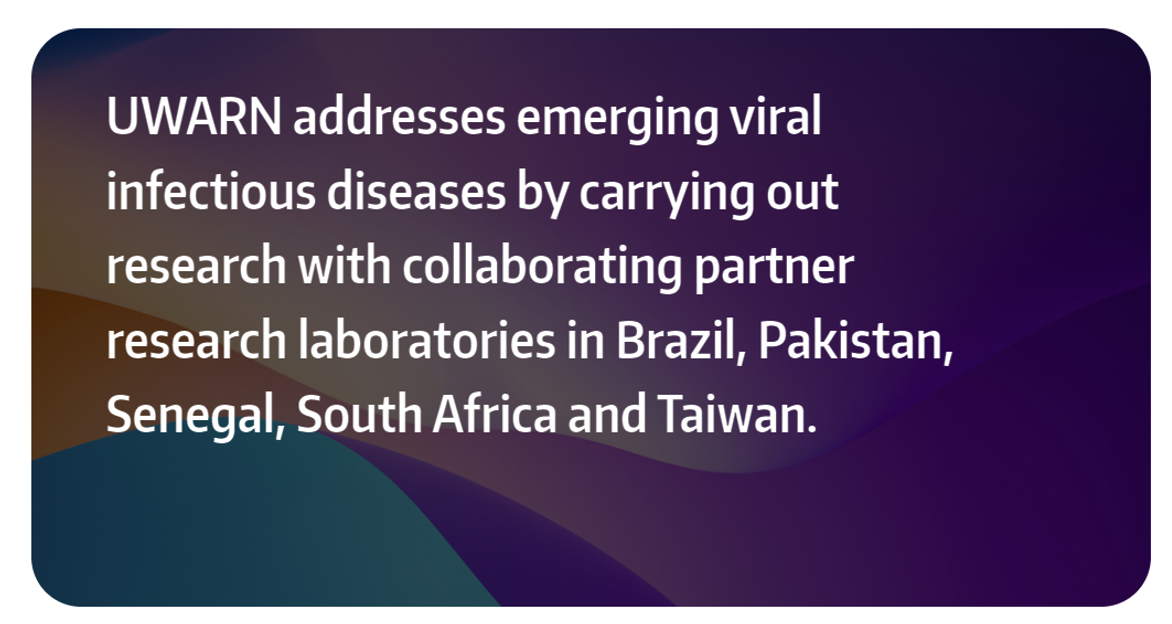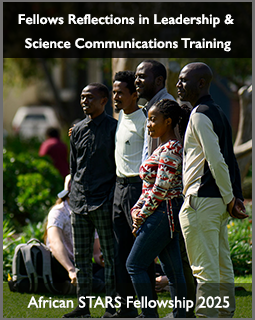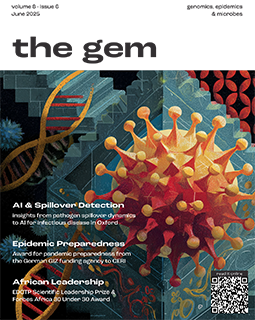UWARN Annual Meeting in Taiwan: A Hub for Advancing Global Disease Research
The United World Antiviral Research Network (UWARN) recently held its annual meeting from April 22-24, in Kaohsiung City, southern Taiwan, bringing together key partners from the University of Washington, Senegal, South Africa, Switzerland, Pakistan, and Taiwan. The primary focus was on fostering collaboration and exchanging updates on ongoing research. Participants shared their latest findings, discussed the challenges faced, and highlighted their successes, reinforcing the network’s commitment to advancing the global response to infectious diseases.

The event featured a series of enlightening presentations. Topics covered included Long Covid and cohort recruitment strategies in Brazil and Pakistan, offering deep insights into the pandemic's prolonged effects. Discussions also touched on the public health impacts of floods in Pakistan and wildlife diseases in Senegal's national parks. Immunological studies on Dengue and other arboviruses addressed critical issues such as cross-reactivity and chronic infections. Particularly noteworthy was a presentation by a Taiwanese researcher on climate-driven genetic adaptations in Dengue, which have enabled the virus to spread during colder winter periods, a discovery with significant implications for global Dengue outbreak predictions.
Dr. Houriiyah Tegally, Head of Data Science at the Centre for Epidemic Response and Innovation (CERI), presented an update on CERI’s ongoing research with a focus on the CLIMADE project. She also moderated a session featuring a presentation on Climate Change and Epidemics by Prof. Tulio de Oliveira, Director of CERI, further highlighting the intersection of environmental factors with epidemic trends.
"Collaboration across borders is essential not just for tackling the health crises of today, but for preparing us for those of tomorrow. This UWARN meeting has been a cornerstone event, fostering vital partnerships that empower us to face global health challenges with innovative and integrated solutions", said Dr. Tegally The discussions underscored the necessity of continued international cooperation and dialogue. Participants engaged in comprehensive dialogues and laid plans for future joint research initiatives, emphasizing the importance of collaboration in advancing the global capacity to manage and mitigate the impacts of infectious diseases effectively.

News date: 2024-05-01
Links:










